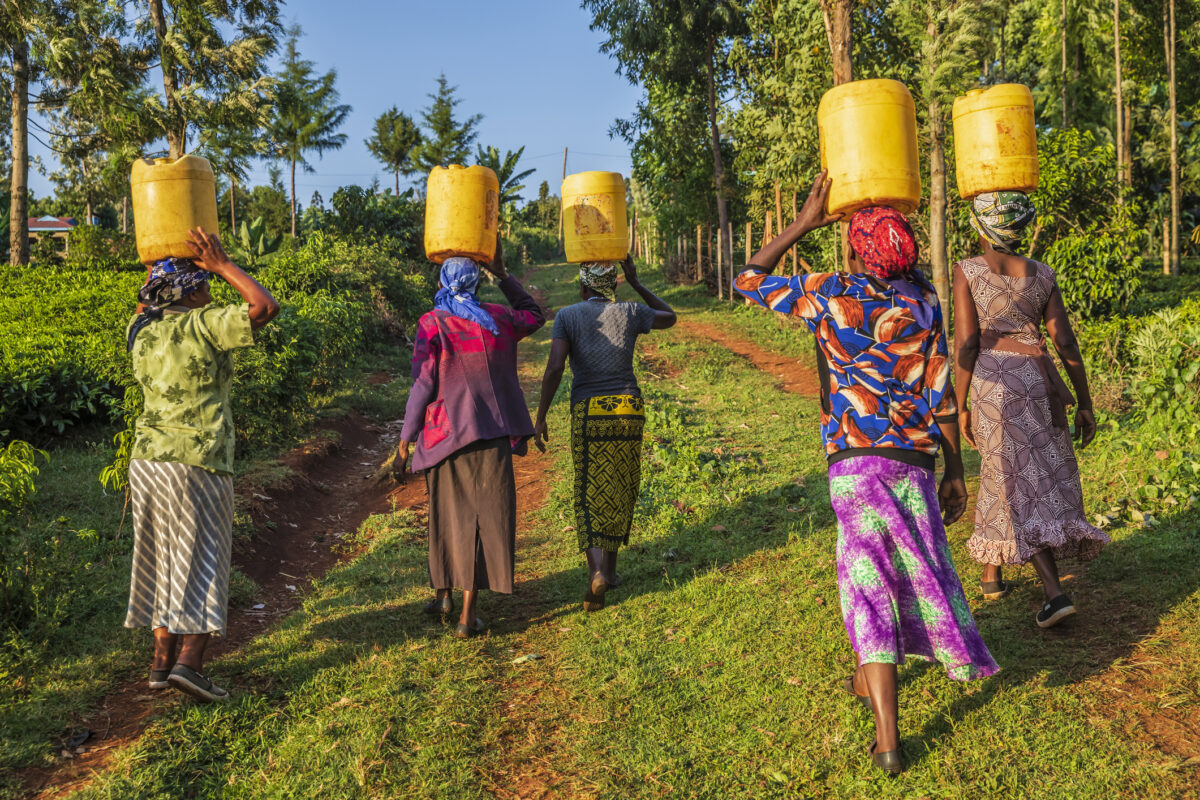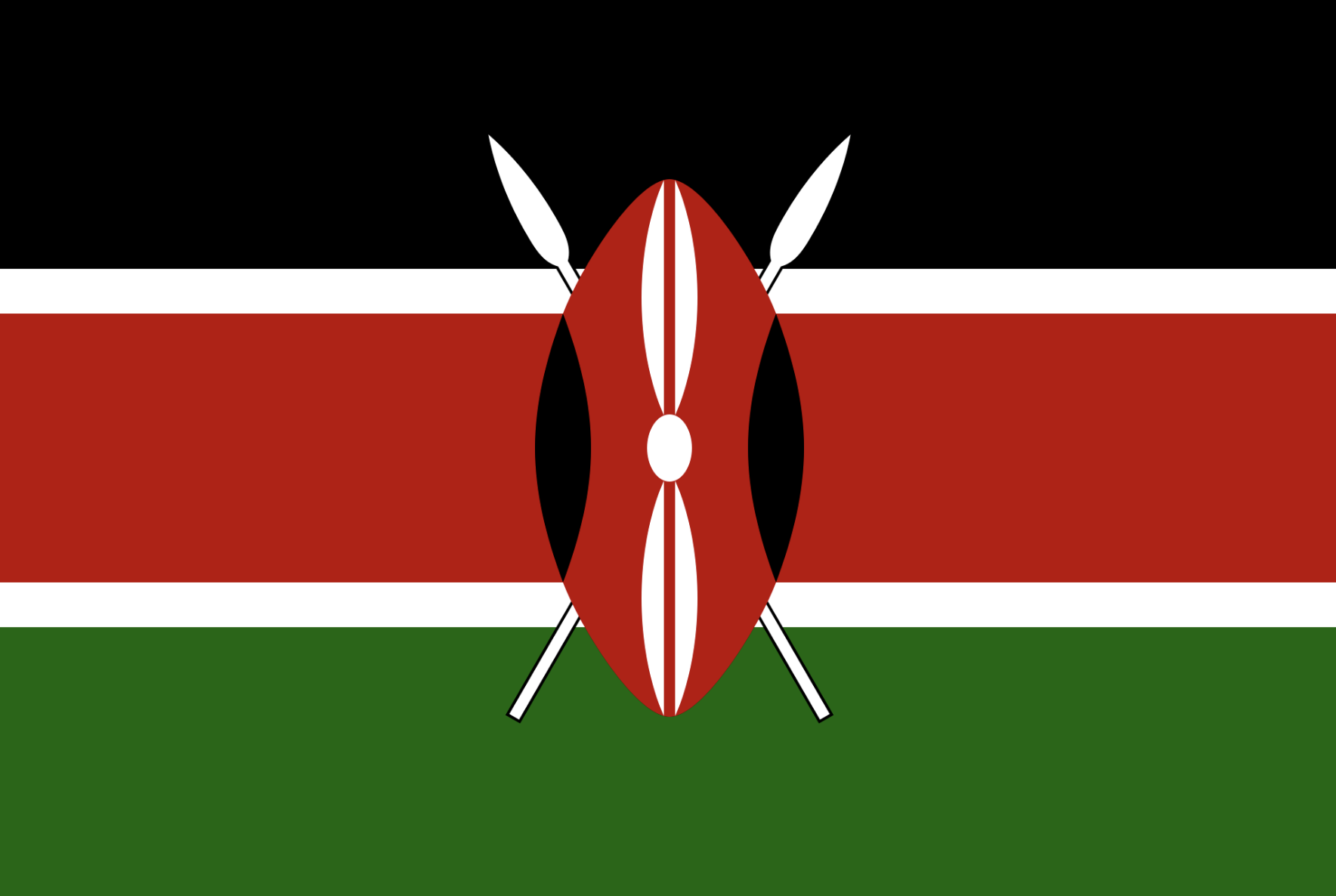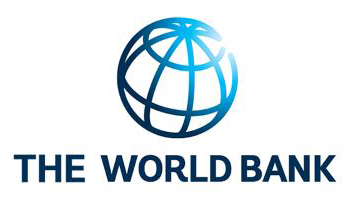
Kenya Water, Sanitation and Hygiene (K-WASH) Program
Adaptation Need
Although 91% of Kenya’s urban population has access to improved water, only 63% of the rural population does—and just 19% have access to piped water supply. Rural counties face rising climate risks—floods disrupt wastewater treatment, pose contamination risks for water sources and damage water and sanitation infrastructure, while prolonged droughts exacerbate water scarcity. Counties often lack the tools, access to relevant climate data, and technical capacity to assess climate risks and integrate adaptation into planning and infrastructure design. Strengthening county-level planning systems and the financial performance of WSPs is essential to ensure K-WASH investments are sustainable, inclusive, and climate resilient.
GCA’s Added Value

Project goals
Mainstreaming Adaptation and Resilience
GCA’s support aligns with the PforR’s Disbursement-Linked Indicators (DLIs), including approval of climate-informed CWSSIPs grouped by Result Areas. This approach provides counties with a financial incentive to integrate climate risk-based siting, design, and prioritization of water and sanitation investments into their CWSSIPs, embedding climate resilience in implementation. To build long-term capacity, GCA is delivering a Climate-Resilient Water Services (CRWS) Masterclass for public officials. The program uses a training-of-trainers model to build skills in climate risk analysis, investment planning under uncertainty, and NbS design. Peer-to-peer exchanges between counties and relevant water and sanitation institutions will help embed climate adaptation into sector planning, regulation, and service delivery nationwide.
Expected Outcomes
- Increased sustainable access to improved water and sanitation services for households in climate-vulnerable rural areas in selected counties (including refugee hosting counties): GCA’s support to CRVAs and CWSSIPs helps counties prioritize investments in underserved and high-risk areas, including refugee-hosting counties.
- The CRWS Masterclass equips stakeholders with tools to integrate resilience into service design, supporting the project’s goal of reaching 4 million people with sustainable and inclusive WASH services.
- GCA interventions will strengthen the operational sustainability of water service providers by equipping them with tools, data, and strategies to manage climate risks. The guidance provided in the development of Countywide Water and Sanitation Strategies ensures that climate considerations are embedded into planning and operational frameworks.
- Improved sanitation facilities constructed or rehabilitated which better incorporate climate risks and resilience into their design.
Timeline
GCA Support Status
Technical Assistance Preparation
GCA Support Implementation
December, 2023
GCA Support Completion
Monitoring
Finance
Project Investment Value
Total Investment Value
IFI Investment Value
$250.00M
IFI partners
Contacts
General media inquiries
info@gca.orgRequest for information
waterandurban@gca.org